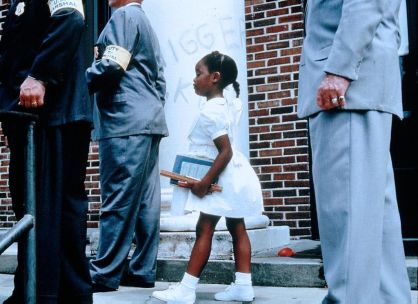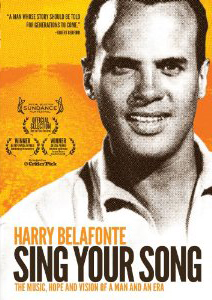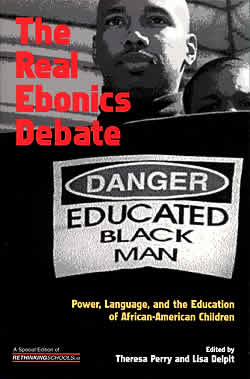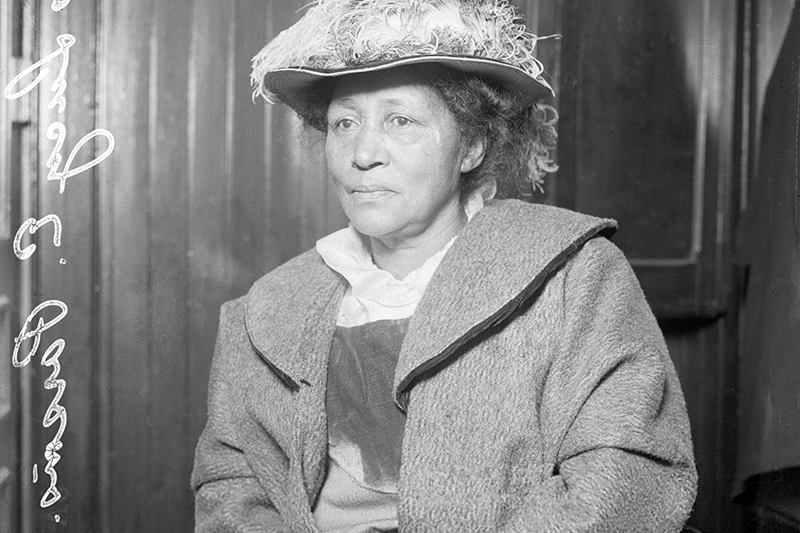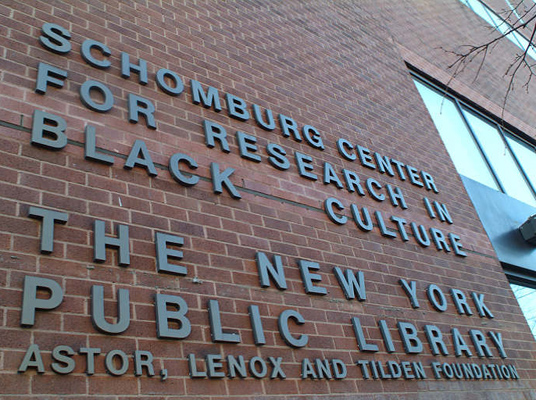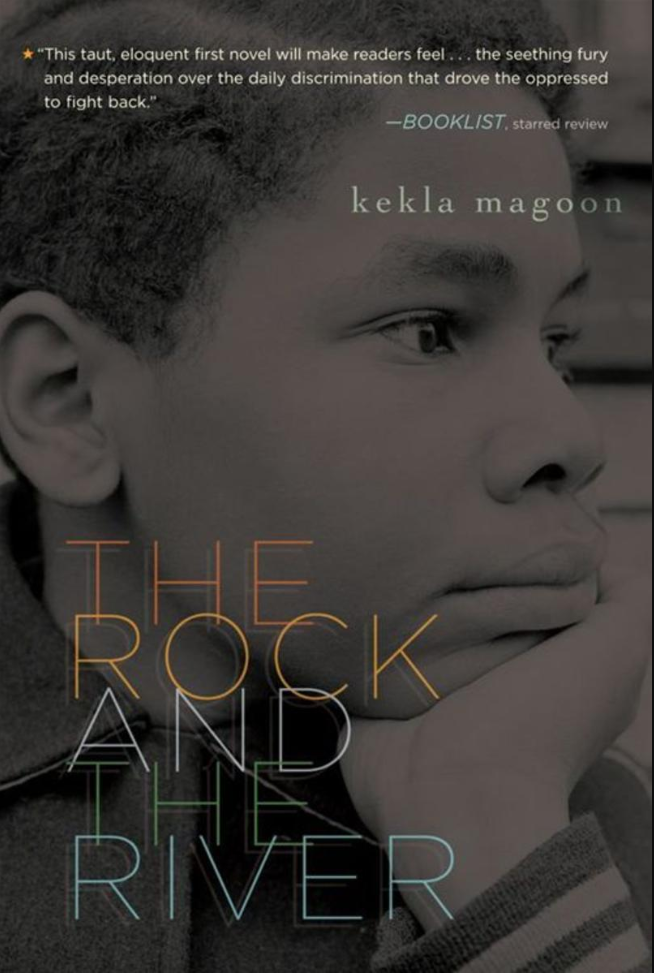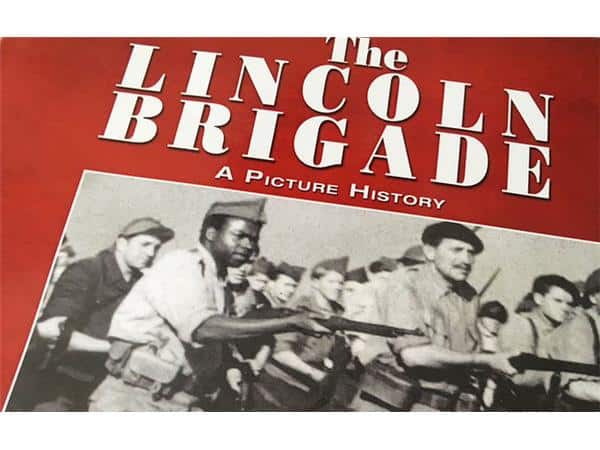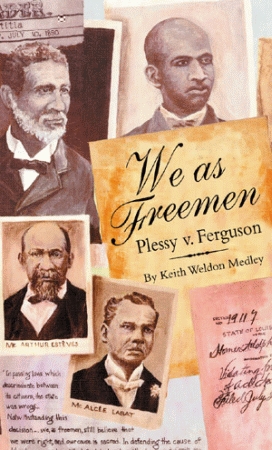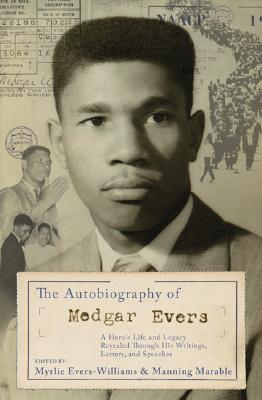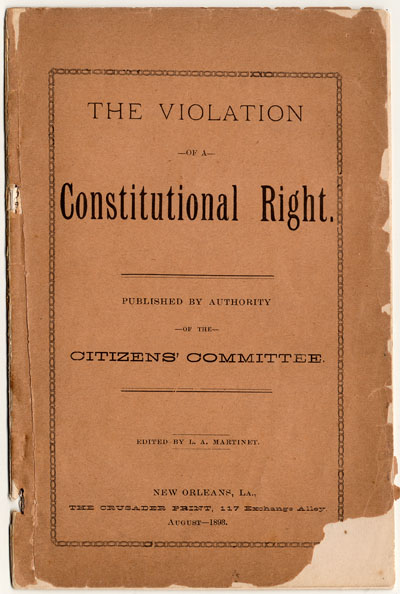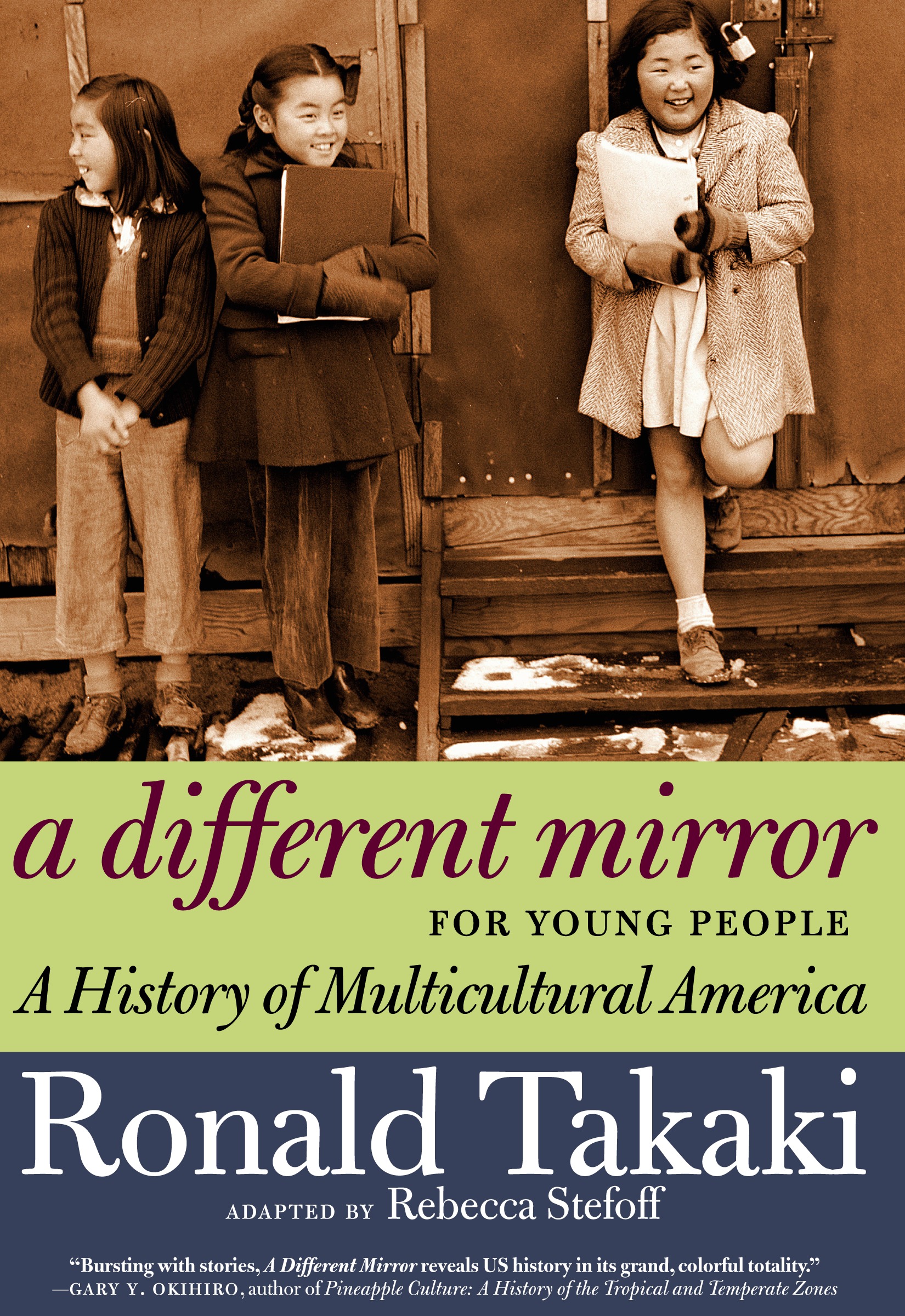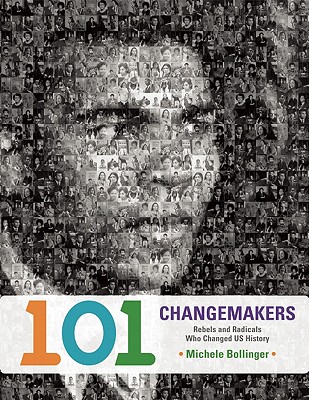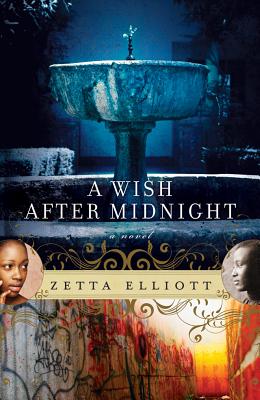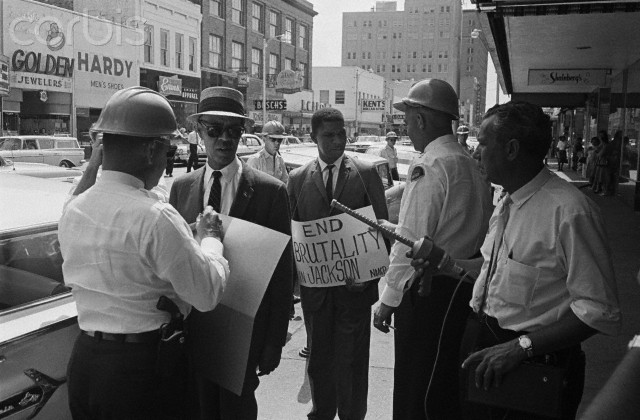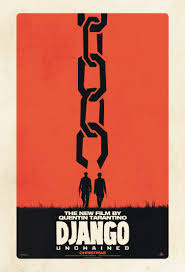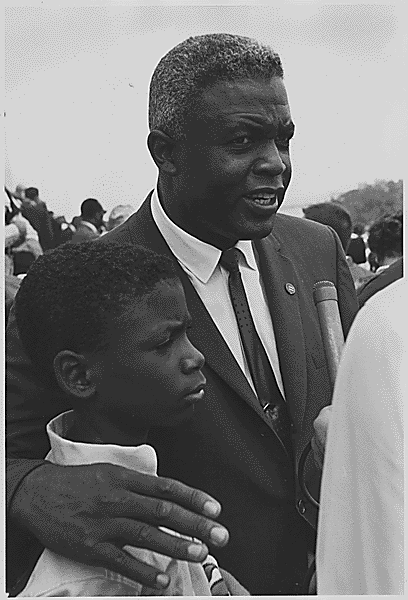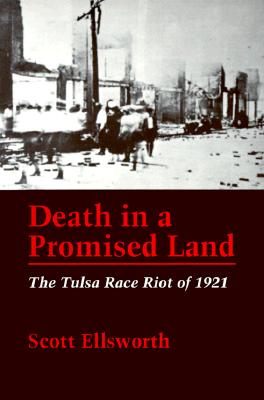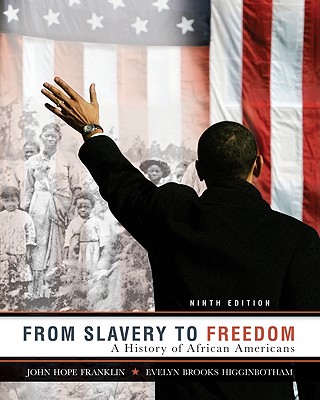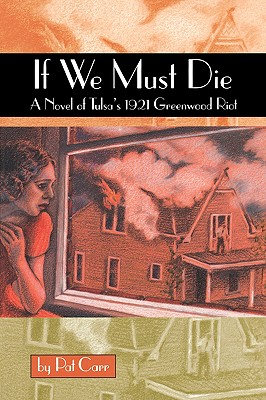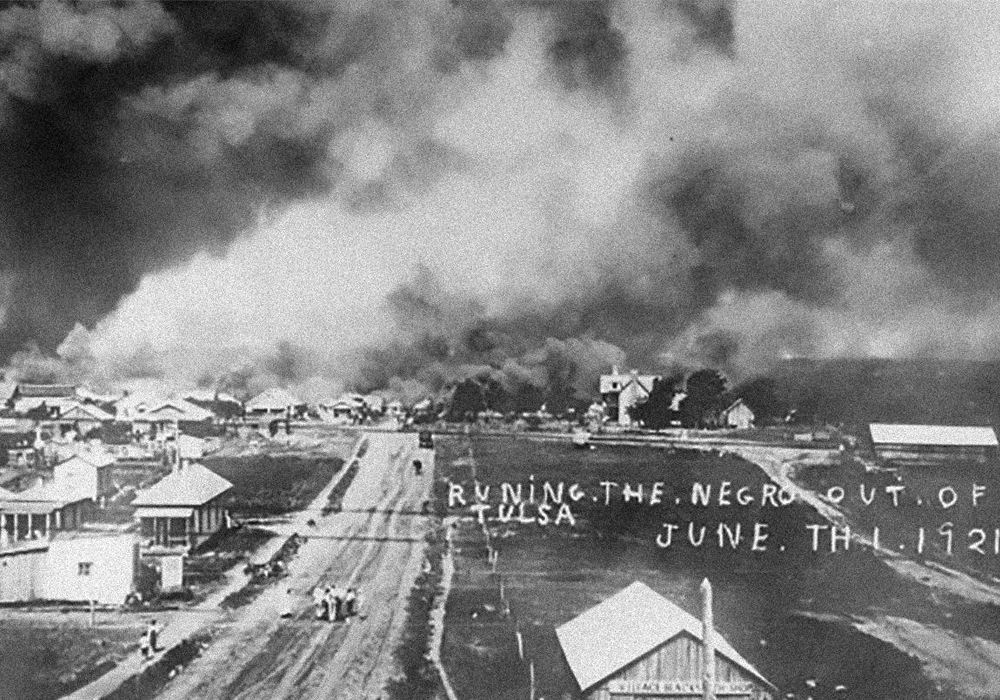Picture book. By Eloise Greenfield. Illustrated by Jan Spivey Gilchrist. 2011. 32 pages.
A picture book that introduces the historic story of the Great Migration to young readers.
Continue reading
Film. Directed by Euzhan Palcy. 1998. 96 minutes.
The true story of Ruby Bridges, the six-year-old girl who helped to integrate the all-white schools in New Orleans.
Continue reading
Film. Directed by Susanne Rostock. 2011. 104 minutes.
A biographical documentary that surveys the life and times of performer/activist Harry Belafonte.
Continue reading
Book — Non-fiction. Edited by Theresa Perry and Lisa Delpit. 1998. Rethinking Schools in collaboration with Beacon Press. 227 pages.
A special edition of Rethinking Schools, educators, linguists, writers, and students examine the lessons of the 1996 Oakland Ebonics controversy.
Continue reading
Profile. By William Loren Katz.
Lucy Gonzales Parsons (c. 1853 – March 7, 1942) was a labor organizer and orator.
Continue reading
Book — Non-fiction. Edited by Michael G. Long. By Bayard Rustin. Foreword by Julian Bond. 2012. 276 pages.
The story of the behind-the-scenes strategist, organizer, and advocate of non-violence, Bayard Rustin.
Continue reading
Digital collection. Center for the study and promotion of the histories and cultures of peoples of African descent.
Continue reading
Book — Fiction. By Kekla Magoon. 2010. 304 pages.
Coming-of-age story that shows the close connections between the civil rights and Black power movements through an intimate and relatable lens.
Continue reading
Book — Non-fiction. By William Loren Katz and Marc Crawford. 2013. 196 pages.
Interviews, documents, and photos from the first fully integrated United States army, who volunteered to help Spain defend its democracy against fascism.
Continue reading
Book — Non-fiction. By Keith Medley. 2012. 256 pages.
This book documents the untold history of the organizing leading up the Plessy v. Ferguson case.
Continue reading
Book — Non-fiction. By Manning Marable and Myrlie Evers-Williams. 2006. 400 pages.
Comprehensive collection of the words of slain civil rights activist Medgar Evers.
Continue reading
Article. By Keith W. Medley.
The role of the Comité des Citoyens and The Crusader newspaper in the Plessy v. Ferguson case.
Continue reading
Digital collection. A comprehensive online reference guide to African American history.
Continue reading
Book — Non-fiction. By Ronald Takaki, adapted by Rebecca Stefoff. 2012. 368 pages.
An adaptation for young readers of the classic multicultural history of the United States, A Different Mirror.
Continue reading
Book — Non-fiction. By Lise Pearlman. 2012. 800 pages.
Brings to life 20th century court cases and protests that played a major role in U.S. history.
Continue reading
Book — Non-fiction. By Michele Bollinger and Dao Tran. 2012.
A collection of 101 brief and accessible profiles of rebels, radicals, and fighters for social justice.
Continue reading
Book — Fiction. By Zetta Elliott. 2010. 270 pages.
When tough Genna gets transported back in time, she must face the perilous realities of Civil War-era Brooklyn, using all her wits to survive and hold on to her humanity in two different worlds.
Continue reading
Profile. By Dernoral Davis.
Medgar Evers (July 2, 1925—June 12, 1963), Civil Rights Movement activist in Mississippi.
Continue reading
Article. By Larry Miller. January 2013.
A review of the film Django Unchained.
Continue reading
Book — Non-fiction. By Jeanne Theoharis. 2013. 320 pages.
A revealing window into Rosa Parks’ politics and years of activism.
Continue reading
Article. By Dave Zirin. 2013.
Dave Zirin describes how 42 limits the story to a tale of “individual triumph through singular greatness,” ignoring the social movements and broader context of the time.
Continue reading
Book — Non-fiction. By Scott Ellsworth. 1992. 159 pages.
A compelling story of racial ideologies, Southwestern politics, and yellow journalism, and of an embattled Black community's struggle to hold onto its land and freedom.
Continue reading
Book — Non-fiction. By John Hope Franklin and Evelyn Brooks Higginbotham. 2010 (Ninth Edition). 710 pages.
Charts the journey of African Americans from their origins in Africa, through slavery and struggles for freedom, various migrations, and the continuing quest for racial equality.
Continue reading
Book — Fiction. By Pat Carr. 2002. 166 pages.
Historical fiction account of the 1921 attack on Tulsa's Black neighborhood Greenwood, known as "Black Wall Street."
Continue reading
Teaching Activity. By Linda Christensen. Rethinking Schools. 20 pages.
Teaching about racist patterns of murder, theft, displacement, and wealth inequality through the 1921 Tulsa Massacre.
Continue reading


